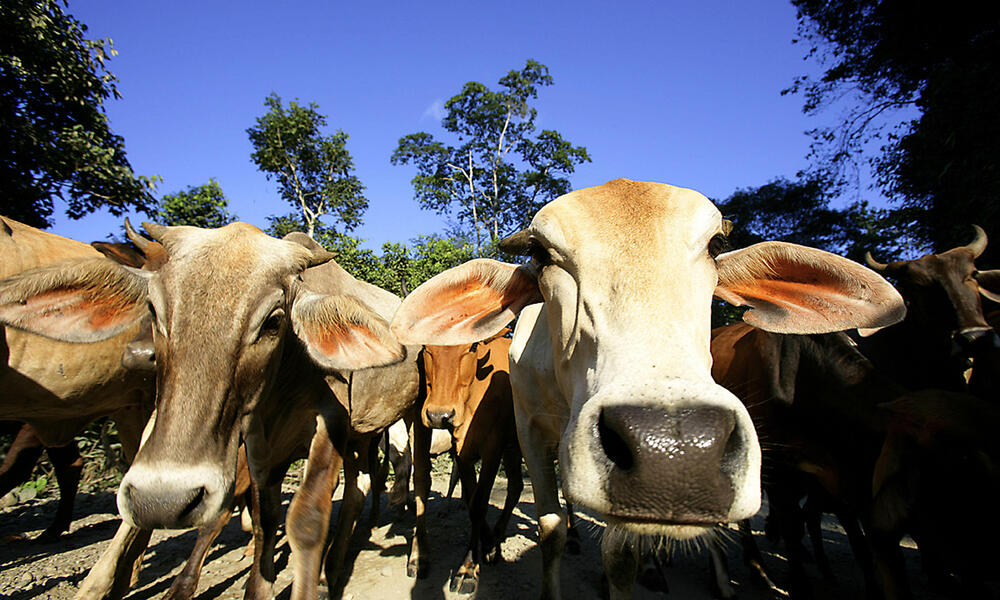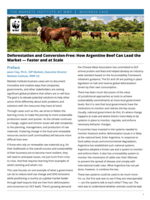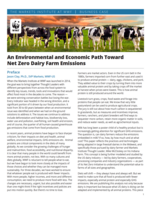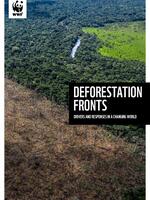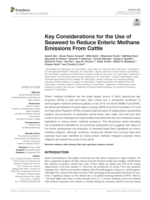Beef is raised in many of the most sensitive and important ecosystems around the world, including the North America’s great plains, the Brazilian Amazon, the savannahs of Southern Africa and the Great Barrier Reef watershed of Australia.
With the global population expected to exceed 9 billion by 2050 and income levels rising, demand for beef is increasing and will only grow. Yet beef production requires a lot of land, water and energy, and generates considerable waste. It is thus essential to improve its sustainability globally.
There are many ways beef production—when sustainably managed—can achieve conservation benefits. Grazing maintains the health of grasslands, improves soil quality with manure, and preserves open space and wildlife habitat. Additionally, carbon is sequestered in the grasses and soils of grazing lands. Beef production also provides social benefits by sustaining livelihoods and community vibrancy in rural areas where grasslands dominate. In the Northern Great Plains, for example, WWF is partnering with ranchers, recognizing that their viability is key to keeping grasslands intact. When ranchers manage land for long-term health, wildlife and people, everyone wins.
WWF envisions a global marketplace in which all beef is sustainable. By working with producers as well as companies and their supply chains to improve the sustainability of beef production, WWF is helping ensure that consumers have choices for a safe, affordable and sustainable diet.
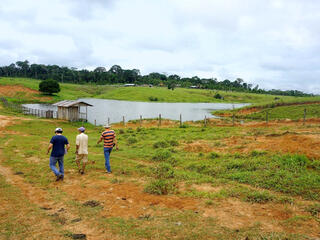
 Sustainability Works
2023 Farm Bill: An Opportunity for Food and Farm Security
Sustainability Works
2023 Farm Bill: An Opportunity for Food and Farm Security
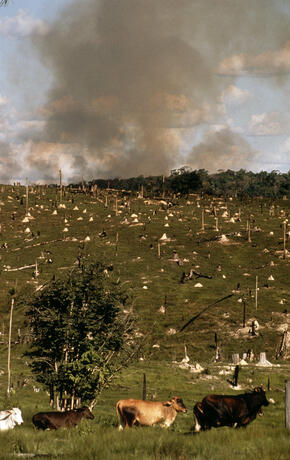
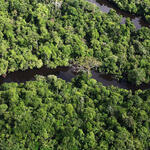 Amazon
Amazon
 Black-footed Ferret
Black-footed Ferret
 Chihuahuan Desert
Chihuahuan Desert
 Elephant
Elephant
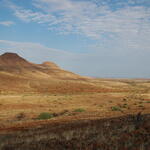 Namibia
Namibia
 Northern Great Plains
Northern Great Plains
